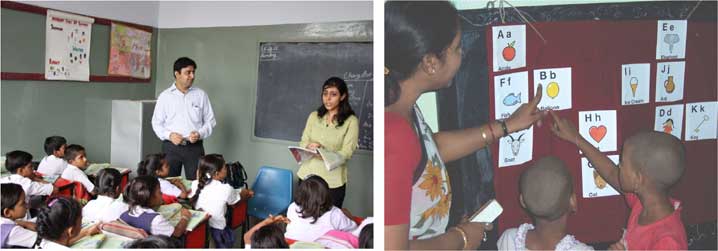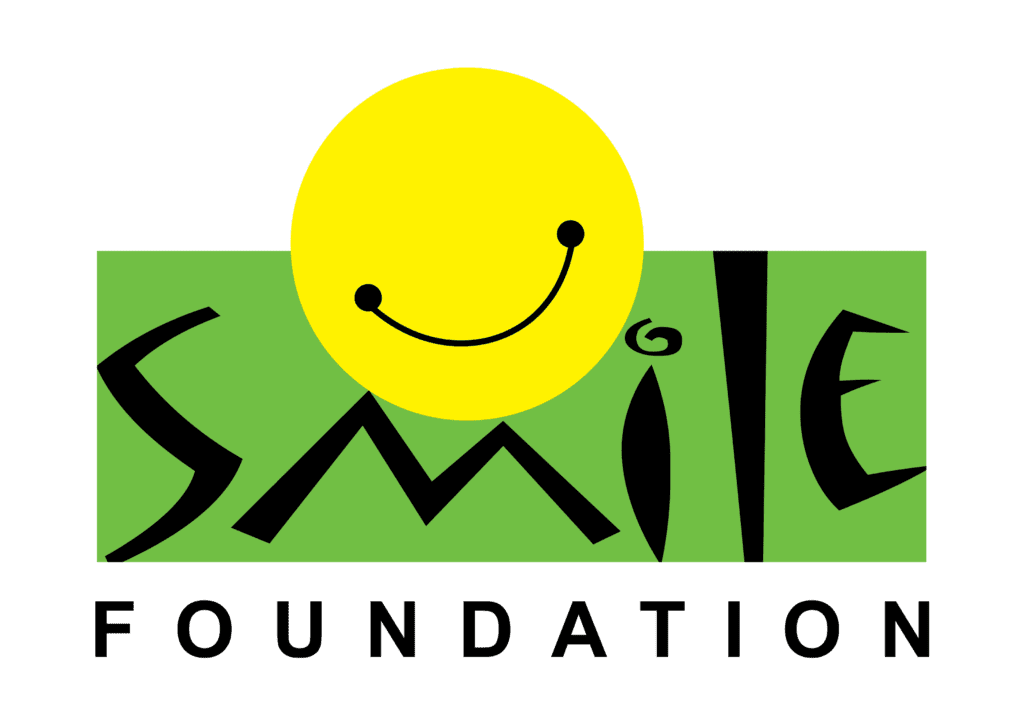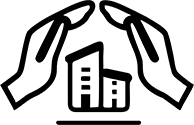Being Privileged to Bring a Change
The process of development will always be inadequate and unsustainable unless we involve the civil society. In another words, unless people who are privileged, educated and having the capability to help the less privileged are sensitized and involved we cannot uplift the underprivileged sections. For, the fruit of economic development trickles down to the bottom quite slow in any developing country.
There are conscious efforts on the part of various government organisations, non government organisations, private enterprises and corporate sectors through in terms of development. Nevertheless, the roles of the privileged sections weigh no less. Rather, it seems, it would be incomplete in the absence of it.
It is time that educated, and privileged, individuals extends the hands proactively for the development of the less privileged section of the society.
All we need to do is to make a beginning.
Education, healthcare, poverty eradication, employability, and awareness etc. are the basic yet effective tools for development which will bring visible change.
A case in point is how the near-absolute literacy looked a reality through participation from the privileged citizens. Kerala with 90.86 per cent, Mizoram with 88.80 per cent and Lakshadweep with 86.66 per cent of their population being literate lead the trend in India.
The reason for higher literate population in Kerala, Mizoram and Lakshadweep can be attributed to various factors like proximity to school, presence of health centres within people’s reach, better transportation, and above all, awareness among the parents to send their children to school.
Kerala had once organised ‘campaign for literacy,’ wherein district administrators along with voluntary groups and social activists joined hands to evaluate an accurate picture of the areas with total literate population and areas that needed special attention in the state.
Again in Mizoram illiterates villagers were identified and divided in groups of five each. Each group of five people was to be guided and educated by officials and community leaders.
If these initiatives undertaken in the state level could sketch out success stories, the country as a whole can be benefitted if each one of us takes up the responsibility of sending a child to school each.
With the Right to Education (RTE) Act as a facilitator, a little participation from the civil society will enable an illiterate parent not only to send her child to school but also to make the child study purposefully. First, many parents may not know what the RTE is all about. Secondly, if children from such parents are groomed and prepared they can study rightly. Thirdly, the privileged children in the schools are to be sensitized by their parents, beyond the teachers, so that they also become the change makers in making their less privileged peers get education.
Health and hygiene in general and child survival in particular is an area which calls for participation. Low immunization owing to lack of health seeking behaviour, challenging geographic locations, logistical constrains among others are making the children fight to survive.
If a fight against polio can be won, we can also overcome many other battles – but only by coming together proactively.
Being a developing country, there is a trend in migration from rural areas to urban centres. The 2001 report of the National Sample Survey Organisation (NSSO) says that an estimated 4.5 million people moved from to the urban centres as temporary emigrants only.
On one side, we face new sets of challenges for the urban poor. On the other, cities being the growth engines and having concentration of the privileged lots, the challenges can be overcome there itself.
Making our society a better place for our girl child to come and live with dignity remains only a noble thought without conscious participation from the privileged mass. Bringing a change to the society begins with a change in our mind. And, willingness is the key to success.
Mahatma Gandhi inspired us by saying, “The difference between what we do and what we are capable of doing would suffice to solve most of the world’s problem.”





